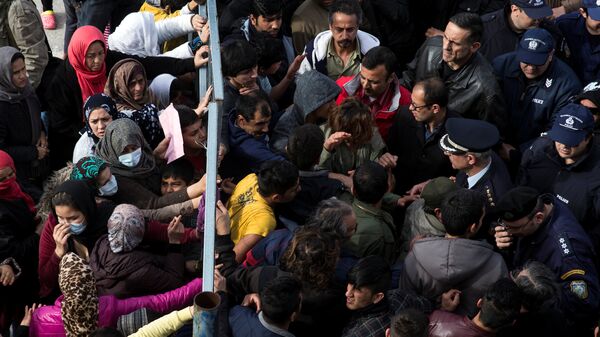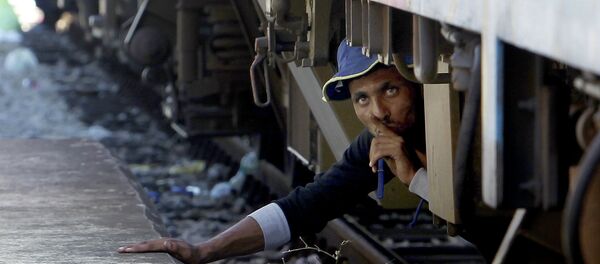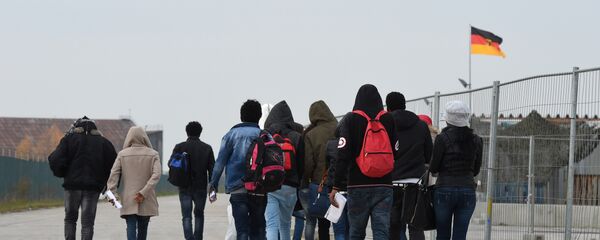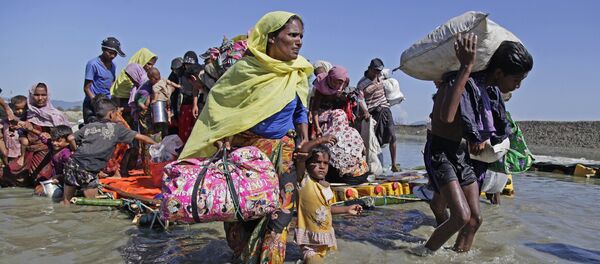Sputnik: Daesh commanders forced out of Syria have conspired with extremist groups in Africa to form a new migration wave destined for Europe, according to the head of the UN World Food Program. Could you tell our audience what is going on?
Liesbeth van der Heide: The way that this was phrased by the head of the World Food Program makes it sound much bigger than it really is. It's definitely a serious development, but when you talk about ISIS these days, you can't talk about one ISIS anymore. Of course, the terrorist group has lost most of its territory and is falling apart in Syria and Iraq, but when we talk about ISIS in North Africa, we should rather speak of ISIS defectors and ISIS returnees, which means lots of individuals, as well as smaller defector groups which have returned or have defected from ISIS and that are now either back in their home countries – mainly Morocco, Egypt and Libya, or who had already defected before and integrated themselves back into either jihadist groups in North and West Africa, or back into society.
So there are definitely a lot of returnees that are now connecting with the jihadist groups that were already present in North Africa.
Sputnik: How dangerous are these defectors or displaced former Daesh members?
Liesbeth van der Heide: They are very dangerous indeed. There is already migration going on, and I think it's important to note that 80% of migration happens internally within Africa. So it's definitely a minority that will actually cross to Europe, for example. But that trend has been on the rise over the past years.
So you see a lot of marginalized groups, mainly in the Sahel region, and it's that combined with these returned fighters which presents a real threat, especially in an environment where migration to Europe is already on the rise.
Sputnik: The way that this was phrased – that they're 'conspiring with extremist groups in Africa to form a new migration wave' – does this mean that they're sending terrorists or extremists over? What exactly does it really mean when we hear that kind of phrase?
Liesbeth van der Heide: That's a good question. I think basically that that is a very vague way of stating it, because formally, there was already a migration wave, and a lot of that migration is not due to terrorist groups telling people to migrate, but to people migrating for lots of other reasons.
So rather than saying a new migration wave is being caused by these groups, it's more a matter of them sending out individuals to join the migration wave and task them with carrying out attacks.
Sputnik: What needs to be done by EU leaders to counter this threat? Are they capable of doing so, or is this something that they have to adjust to and just take for granted that this is going to continue?
Liesbeth van der Heide: To a certain extent, yes. I think it's very important to recognize that we cannot reduce the risk of ISIS infiltrators coming into Europe to zero. At the same time, there is a lot that we can actually do. I think within the EU, the fact that we have the Schengen pact, and that people can move freely from one country to another, means that it's all the more important to be able to secure Europe's outside borders.
At the same time, if you look at what's going on in the Sahel region and in North Africa, it means a lot more money should go to development aid, to trying to improve the situation when it comes to drought and famine in these countries.
The views and opinions expressed by Liesbeth van der Heide are those of the expert and do not necessarily reflect those of Sputnik.
*A terrorist group banned in Russia.




